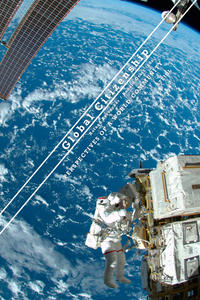
The idea for this book came from the 'Education First' initiative, with which UN Secretary-General Ban Ki-moon declared 'Education for Global Citizenship' one of the three top education goals worldwide. But what should this sort of education be like? Can global citizenship – or even better: global community – be learnt? And where does this kind of education practice take place, and in what form? International authors address the potential of this undertaking and examine the global community, already practiced in numerous 'minor cosmopolitanisms,' from the perspective of academia, politics, civil society organisations, the arts, sports, and philosophy. Issues discussed are as diverse as musical initiatives and cultural diplomacy, the role of classical languages in global civic awareness, the necessity of a 'world consciousness' and the difficulties of supranational understanding. Sadly only few people, astronaut Reinhold Ewald among them, are lucky enough to view the world from space. 'From there ›Spaceship Earth‹ is revealed in all its dependency and contexts, and it forces us to think globally.' 'Global Citizenship' is the fourth publication in the series 'Perspectives on Foreign Cultural Policy', which sheds light on current topics of foreign cultural and educational policy.